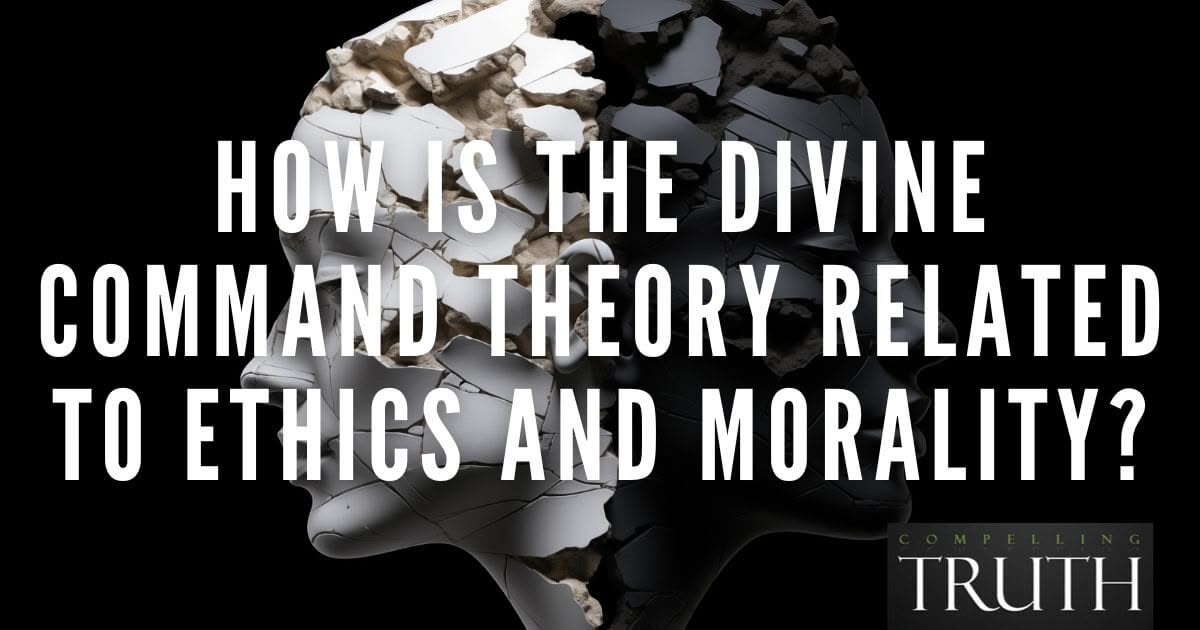The philosophical construct "Occam's Razor" is fairly well known, but few people know anything about its originator. The principle states that if there are several possible hypotheses, the simplest one is probably correct. There's no need to complicate an explanation beyond what is necessary. The sentiment wasn't original to Ockham, however. In the second century AD, Ptolemy said, "We consider it a good principle to explain the phenomena by the simplest hypothesis possible."
William of Ockham (also spelled Occam) would have known this. Born in Oak Hamlet in England around 1287, he went to London to study logic and natural philosophy at Greyfriars, a Franciscan friary. From there, he went to Oxford to study theology, but left before he finished the program and returned to Greyfriars. While there, he wrote about philosophy and theology, including a critique of theologian Peter Lombard's 1150 work Sentences. His commentary was so ill-received he was called to defend his beliefs at the papal court at Avignon. The charges were eventually dropped, and he was called on to investigate Pope John XXII for heresy. The Franciscan brothers (of whom Ockham was one) believed God's servants should follow the examples of Jesus and His apostles, keeping a vow of poverty and owning no individual property. Pope John disagreed, believing God's servants had a right to own as much property as they wished. Ockham found John guilty of deliberate heresy in the face of biblical proof and was forced to flee with John's other accusers to Italy and seek the protection of the Holy Roman Emperor.
The Emperor, Louis IV of Bavaria, was glad to have such an elegant scholar who was also so critical of the pope, and Ockham wrote an apologetic as to why the emperor, and not the pope, should rule the empire. Although Ockham was excommunicated for leaving Avignon, he was reinstated by Pope Innocent VI twelve years after his death.
Ockham was a champion of reason and logic, and used them extensively in his writings of philosophy, knowledge, and politics. He did not, however, extend their usage into theology. The earlier Christian philosophers, such as Thomas Aquinas, believed everything could be proven by reason, including the existence of God, the incarnation of Jesus, and the need for the crucifixion. Ockham followed the lead of John Duns Scotus and other fideists, however, and believed the God Who created logic and reason was not bound by them. As the Creator, God had the authority and certainly the power to act outside of natural law. This extended to morality and ethics. In regards to ethics, Ockham was a proponent of the Divine Command Theory which asserts a rule is good if God commands it. God's judgment alone determines morality. The fact that God's rules are beneficial for us is because God acts not only in power and authority but also in love.
In his scholarly way, William of Ockham championed beliefs that we live with today, such as separation between church and state, freedom of speech, and papal fallibility. But his, and other philosophers like him, love of philosophical subtleties and precise use of language alienated others who wished to concentrate on the simplicity of the gospel. In reaction, Thomas á Kempis wrote, "Were you to memorize the entire Bible and all the sayings of the philosophers, what good would this be for you without the love of God and without grace?" (The Imitation of Christ).
But Ockham's line of thinking showed a great amount of faith and trust in God. Unlike today, when lack of scientific proof is a common excuse for denying the existence of God, Ockham and his compatriots, who loved to dissect the minutiae of any subject, left God to Himself. They were happy to accept God's revelation through the Scriptures and the leading of the Holy Spirit, and equally content to know that no matter how they analyzed God, there would always be questions for which they would find no answer.
William of Ockham (also spelled Occam) would have known this. Born in Oak Hamlet in England around 1287, he went to London to study logic and natural philosophy at Greyfriars, a Franciscan friary. From there, he went to Oxford to study theology, but left before he finished the program and returned to Greyfriars. While there, he wrote about philosophy and theology, including a critique of theologian Peter Lombard's 1150 work Sentences. His commentary was so ill-received he was called to defend his beliefs at the papal court at Avignon. The charges were eventually dropped, and he was called on to investigate Pope John XXII for heresy. The Franciscan brothers (of whom Ockham was one) believed God's servants should follow the examples of Jesus and His apostles, keeping a vow of poverty and owning no individual property. Pope John disagreed, believing God's servants had a right to own as much property as they wished. Ockham found John guilty of deliberate heresy in the face of biblical proof and was forced to flee with John's other accusers to Italy and seek the protection of the Holy Roman Emperor.
The Emperor, Louis IV of Bavaria, was glad to have such an elegant scholar who was also so critical of the pope, and Ockham wrote an apologetic as to why the emperor, and not the pope, should rule the empire. Although Ockham was excommunicated for leaving Avignon, he was reinstated by Pope Innocent VI twelve years after his death.
Ockham was a champion of reason and logic, and used them extensively in his writings of philosophy, knowledge, and politics. He did not, however, extend their usage into theology. The earlier Christian philosophers, such as Thomas Aquinas, believed everything could be proven by reason, including the existence of God, the incarnation of Jesus, and the need for the crucifixion. Ockham followed the lead of John Duns Scotus and other fideists, however, and believed the God Who created logic and reason was not bound by them. As the Creator, God had the authority and certainly the power to act outside of natural law. This extended to morality and ethics. In regards to ethics, Ockham was a proponent of the Divine Command Theory which asserts a rule is good if God commands it. God's judgment alone determines morality. The fact that God's rules are beneficial for us is because God acts not only in power and authority but also in love.
In his scholarly way, William of Ockham championed beliefs that we live with today, such as separation between church and state, freedom of speech, and papal fallibility. But his, and other philosophers like him, love of philosophical subtleties and precise use of language alienated others who wished to concentrate on the simplicity of the gospel. In reaction, Thomas á Kempis wrote, "Were you to memorize the entire Bible and all the sayings of the philosophers, what good would this be for you without the love of God and without grace?" (The Imitation of Christ).
But Ockham's line of thinking showed a great amount of faith and trust in God. Unlike today, when lack of scientific proof is a common excuse for denying the existence of God, Ockham and his compatriots, who loved to dissect the minutiae of any subject, left God to Himself. They were happy to accept God's revelation through the Scriptures and the leading of the Holy Spirit, and equally content to know that no matter how they analyzed God, there would always be questions for which they would find no answer.



